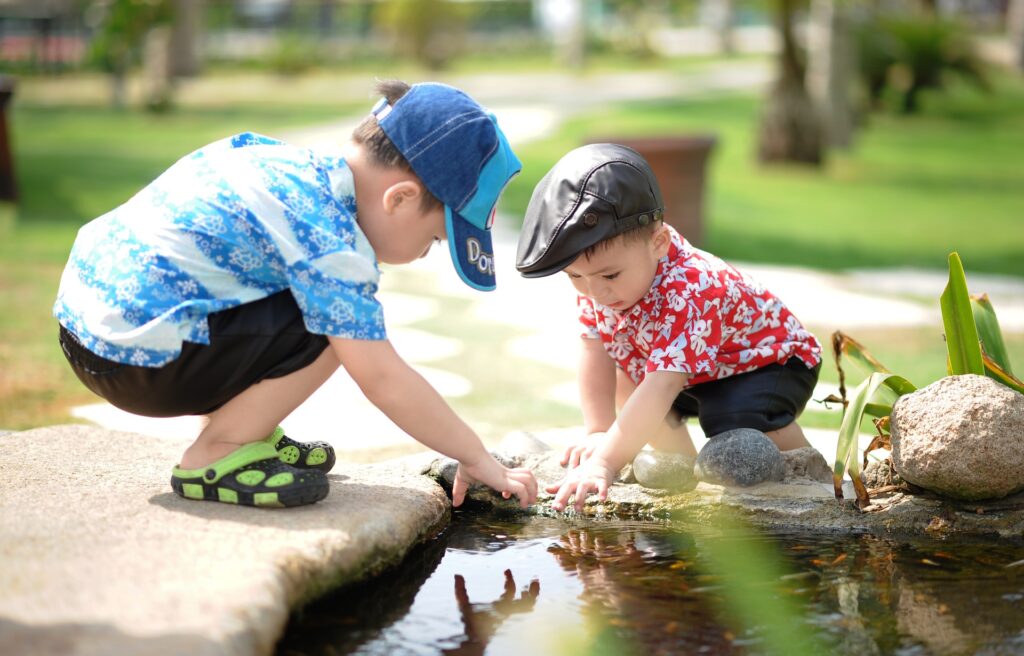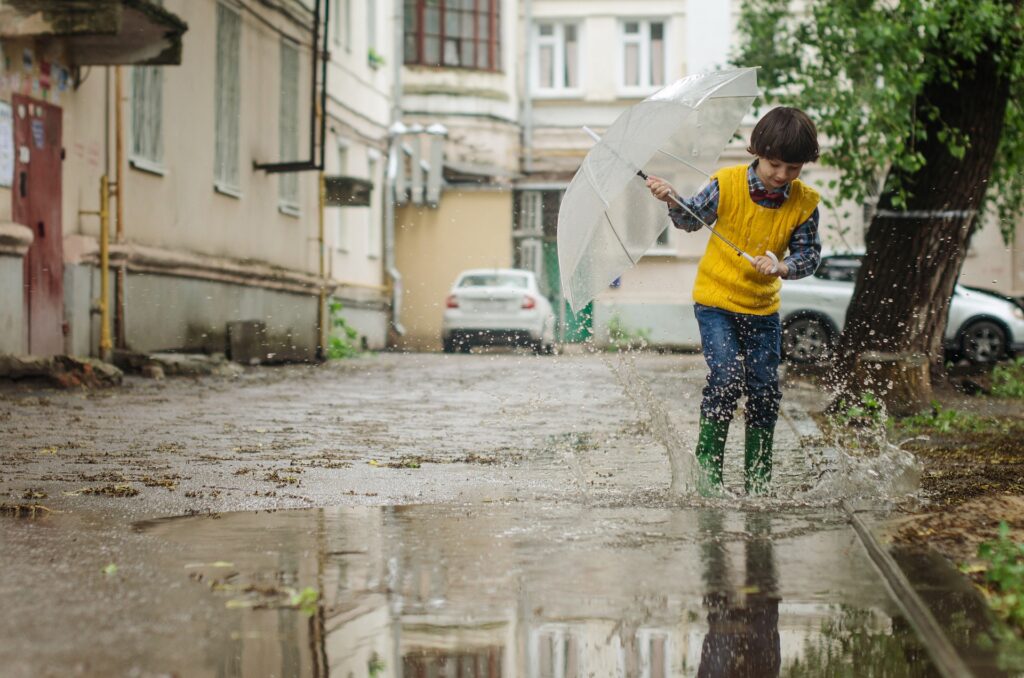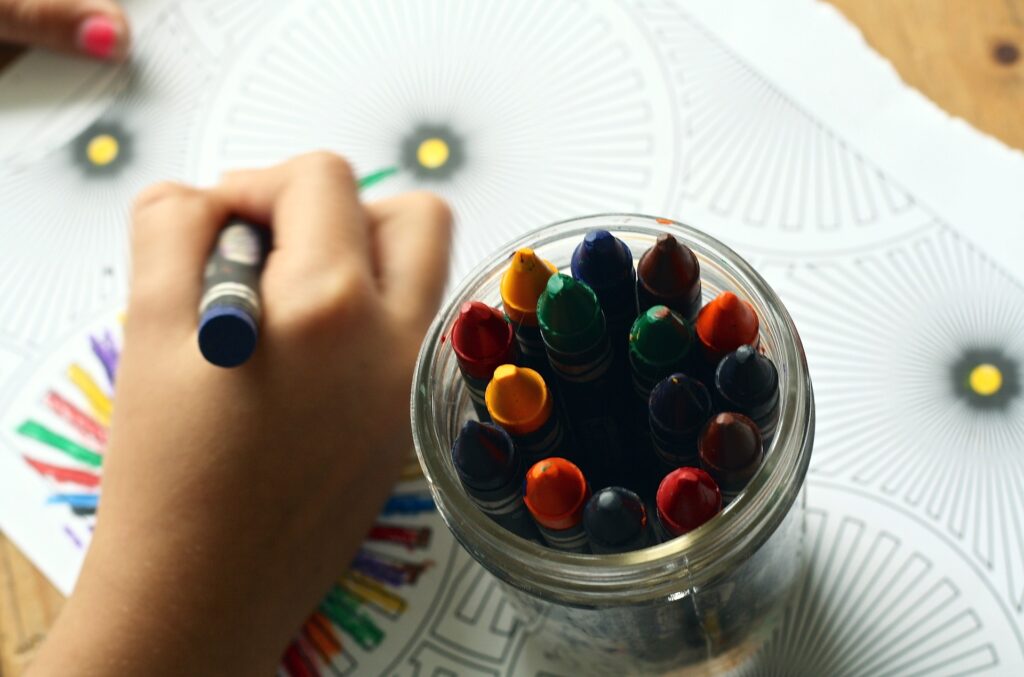As a parent, you prepare yourselves for every problem your child might face, small or big. That encompasses taking care of their mental health as well.
Depression is a serious medical condition that can negatively affect a child’s ability to connect with friends and family, enjoy normal daily activities, attend school and concentrate while there, and enjoy childhood.
Depression has reached alarming levels among youth. With the ratio 2:1 in children, girls are at being a higher risk than boys. The child might show just a few depressive symptoms or be in a full-blown depressive state. Below are a few tips that will help manage and prevent depression in kids.

Focus on communication
First of all, listen to the child without any judgment and resist any urge to criticize. It helps create a safe environment where the child can openly communicate unconditionally. Acknowledging their feelings can make them feel understood and supported. Be respectful about the child’s comfort level while talking to them and still emphasizing your concern can be difficult but not impossible.
Make physical health a priority
Depression also affects the physiology of the child. Children face sleep disturbances and change in eating habits. It is important to exercise or engage in some kind of physical activity to help reduce depression and also take care of physical health. Be conscious of what your child eats. Provide them with a balanced diet that consists of nutrients for brain health and mood support like healthy fats, proteins, and fresh produce. Encourage your child to have plenty of sleep, up to 8-9hours every night for optimal functioning.

Assist in learning thinking and coping skills
Teach your child problem solving with the help of looking at problems from different perspectives, giving them different alternatives to the solutions and a positive perspective. Teach breaking the task into smaller steps to achieve success.
Be supportive
Going through therapy can be difficult and draining for the child as well as parents. The child gives you a hard time as well, understand that they are not doing this on purpose, but they are suffering. Stay involved in the treatment by making sure that the child is going to therapy, keep records of the change and report them to the therapist. Recovery can be a bumpy ride, there will be setbacks but also small victories. It is important to be patient and not judge and compare yourself to others.

Help to find a hobby
Exploring different activities together until your child finds the one that they enjoy the most. You can try activities such as dancing, singing, sports, swimming, art, cooking, horseback riding and many more. They may lack motivation at first, but this will help develop social support.
Accentuate the positives
Notice the things your child is doing, recognize them, encourage and appreciate the child rather than counting on the things they did not do right. Outweigh the negatives with positives as this will help the child build self-esteem.
Encourage social connections
Depression often leads to withdrawal from society hence it is important to make time for face to face connection as it will help the child feel less lonely. Another way to combat social isolation is by to go encouraging your child to go out with friends or invite them over. Give them opportunities to meet and connect with other kids. Make you child pick up volunteer work, helping other people without one’s benefit gives them a sense of purpose and is also a self-esteem booster.
To learn more about Dr. Prerna Kohli click here
All images courtesy Pixabay

